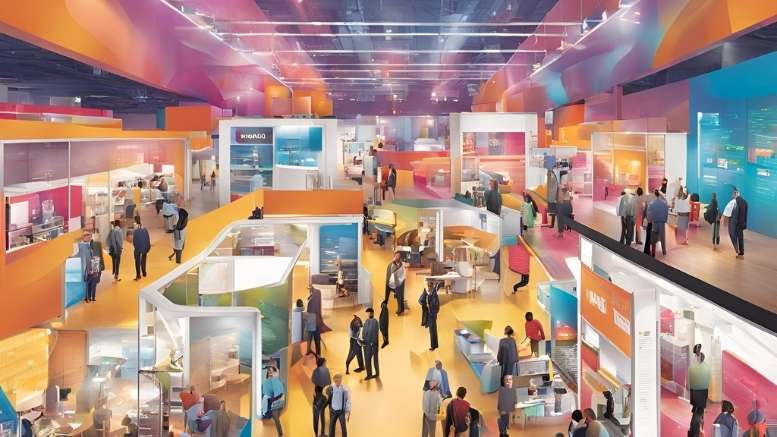
Main Street, not Wall Street. How can independent retailers and businesses thrive at a time of turbulence.
Interviewing Jen Risley of AMIBA.net—the American Independent Business Alliance—is a perfect opportunity to explore the movement to localize economies, empower communities, and build democratic, regenerative alternatives to extractive corporate systems.
Jen’s work bridges the gap between economic justice, community resilience, and independent business empowerment. Here’s a thoughtfully curated list of interview questions for your conversation, focused on storytelling, systemic change, and action for Generation Now.
Localism as Systemic Change
- How do you define “localism,” and why is it more than just shopping at small businesses?
- What are some of the biggest misconceptions people have about the role of local businesses in systemic transformation?
- Why is shifting power to locally rooted businesses and cooperatives so essential in this moment of global crisis and corporate consolidation?
- You’ve said localism is a path to economic justice. Can you explain how that works in practice?
- What role does ownership play in shaping our local economies—and who gets to make decisions?
Building Regenerative Local Economies
- What does a healthy local economy feel like to live in?
- How can we move beyond “support local” as a slogan and actually embed localization into public policy, education, and infrastructure?
- What makes a community economy truly regenerative—not just self-reliant, but healing?
- Can you share examples of cities or regions that are building inspiring local economic ecosystems?
- What are the key ingredients needed to start a local business alliance or cooperative economy hub?
Networks, Coalitions & Collective Power
- How does AMIBA support communities in creating their own economic ecosystems?
- What are some of the most successful strategies you’ve seen for linking local businesses with mutual aid groups, cultural institutions, or activists?
- How can locally owned businesses become champions for climate justice, racial equity, and democratic renewal?
- What tools or frameworks does AMIBA offer for communities ready to mobilize?
- How do you approach measuring the impact of localism beyond profit—things like community health, equity, or participation?
Culture Shift & Youth Engagement
- How do we shift the dominant narrative that tells young people success = scale, tech, or going global?
- What are the most exciting youth-led or intergenerational local economy initiatives you’ve seen?
- How can media platforms like Mobilized News amplify the stories of local changemakers?
- If a 19-year-old wants to start a community-rooted business that’s climate-resilient and cooperative, where should they begin?
- What gives you hope in the localism movement today, despite all the odds?
You see it everywhere. Big box retailers coming into communities everywhere—supermarkets, superstores, everything from furniture and food to housewares, hardware, building supplies and stores specializing in children’s toys and games. While big corporately controlled businesses have extracted billions of dollars from communities worldwide, this just might be the time for the resurgence of locally owned, produced, and distributed businesses. Whether it’s a farmers’ market or an arts supplies store, we’re going to take a deep dive into the world of independent businesses—and how they can restore financial health to the communities they exist in while serving the communities they exist in.
We will be speaking with Jen Risley, of AMIBA: The American Independent Business Alliance.

